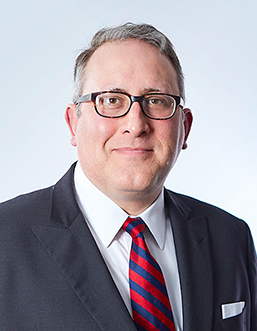Retain Early. In some jurisdictions, professional liability experts are in scant supply. If you retain yours early in the case (or even pre-claim as a consultant), you remove conflict issues that could arise later by opponents’ preemptive retention decisions. Moreover, it can be difficult to craft preliminary liability reports for carriers and insureds without the benefit of an industry expert weighing in first.
Determine Scope of Work with the Assistance of Expert/Consultant. Don’t think you understand the industry better than the professionals themselves. It’s not a showing of weakness or ignorance to lean on potential consultants and experts as you craft your theory of the case. In fact, it’s recommended. You will also learn a lot in the process.
Discuss Recent Court Opinions for Perspective. Many professional liability consultants and experts are well versed on new challenges and developments in the law that guide their opinions. For example, for real estate professionals and brokers in Missouri, it would be of value to review Singleton v. Singleton, Southern District of Missouri - SD37106 affirming a need for mutual mistake for reformation of a deed and embracing Hood v. Owens, 293 S.W. 774 (Mo. 1927) and criticizing/declining to follow Kemna v. Graver, 630 S.W.2d 160 (Mo. App. E.D. 1982). Conferring with experts and consultants is not only interesting but will make you a better professional liability practitioner.
Oral Communications are Preferred. It may go without saying, but reducing even preliminary expert opinions, findings and observations can be tricky – even in note format. Thus, consider retaining a potential expert as a consultant first. And consider the expert/consultant evidentiary and discovery standards that govern disclosure in your applicable jurisdiction before initiating any communications with any proposed consultant or expert.
Site Visits. Consider scheduling and completing a site visit early in the claim investigation. Aside from saving money, limited site visits cut down on discoverable communications, events, confusion, and resulting documents. Scheduling a site visit pre-claim can be tricky and draw undue attention to a matter. So, waiting until a lawsuit has been filed could be the best rule of thumb unless the claim arose on public property. Also, if there are competing experts or consultants who want to view the same site, examine whether it makes more sense to do that as a group or separately. The site visit can be one of the most important discovery events in your claim or case, so plan it wisely. Lastly, begin drafting site visit parameters and rules before conferring with other counsel about it. That way, you are guiding what is permitted during the visit, not merely responding, or reacting to other’s input.
